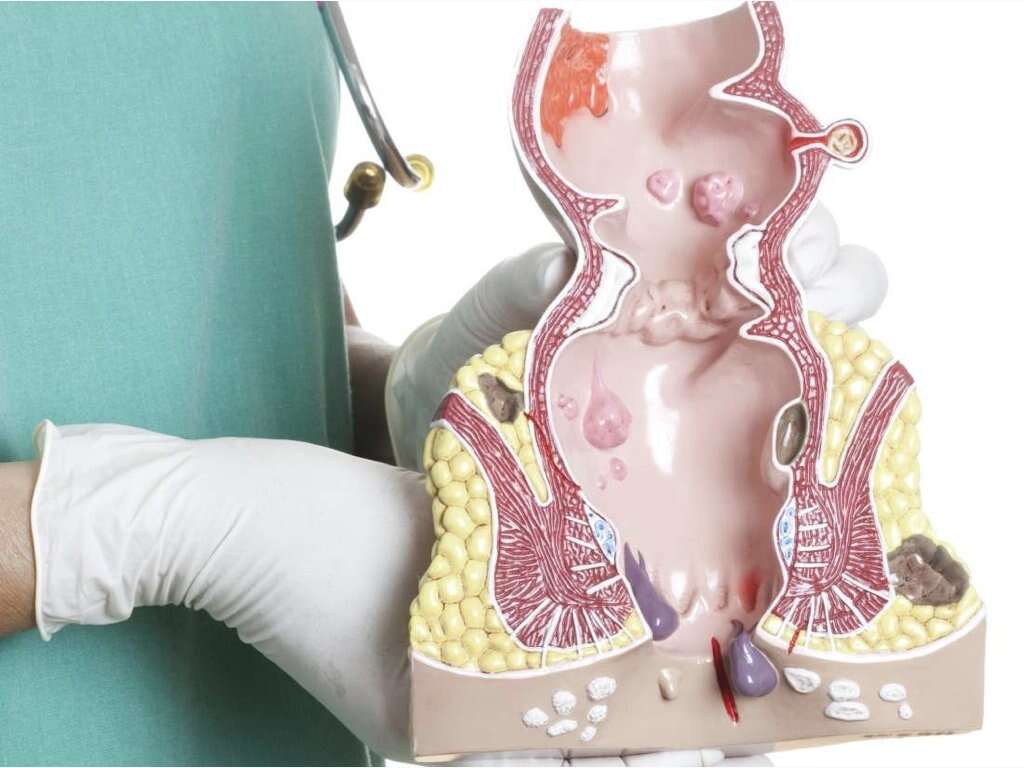What Is Lynch Syndrome?
 Article Sources
Article Sources
- 1. Bhattacharya P, McHugh TW. “Lynch Syndrome”. StatPearls. StatPearls Publishing, (2019). https://www.ncbi.nlm.nih.gov/books/NBK431096/
- 2. Munoz, Juan C. et al. “Hereditary Nonpolyposis Colorectal Cancer” Medscape: Drugs & Diseases (2017). https://emedicine.medscape.com/article/188613-overview
- 3. Strafford, J. Craig. “Genetic Testing for Lynch Syndrome, an Inherited Cancer of the Bowel, Endometrium, and Ovary” Rev Obstet Gynecol. 2012; 5: 42–49 https://www.ncbi.nlm.nih.gov/pmc/articles/PMC3349923/
6. Screening
Colonoscopy is the most common type of screening performed for those with a family history of colon cancer. The American Cancer Society recommends a colonoscopy every five years, beginning at age 40 or 10 years before the age at which a family member was diagnosed. Those at high risk can opt for a screening every one to two years.2Munoz, Juan C. et al. “Hereditary Nonpolyposis Colorectal Cancer” Medscape: Drugs & Diseases (2017). https://emedicine.medscape.com/article/188613-overview
Women with Lynch syndrome should undergo regular checks for cancers of the reproductive system. These screenings potentially include ultrasounds, biopsies of the uterine lining, and endometrial aspiration. Experts recommend that patients at risk for cancer of the urinary tract regularly undergo ultrasonography, cystoscopy, and urinary cytology beginning at age 30.2Munoz, Juan C. et al. “Hereditary Nonpolyposis Colorectal Cancer” Medscape: Drugs & Diseases (2017). https://emedicine.medscape.com/article/188613-overview
Advertisement











